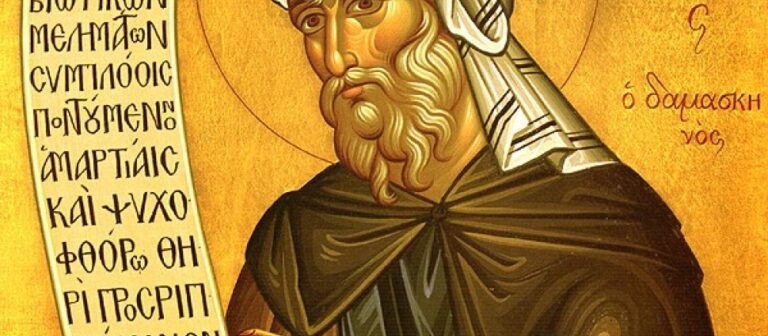
Humiliation & Exaltation: Incarnation
Let’s start our series on the humiliation and exaltation of Christ from the beginning. Obviously, humiliation comes before exaltation and so we start our study with the former. But we can be even more specific. We are going to start with the incarnation. Now, I dare say that most Christians understand what the incarnation is. It is the event of Christ’s coming in the flesh. It is associated with the babe lying in the manger. And that’s exactly what the word incarnation means. It is a word that is made up of two words in the Latin. When put together those words look like this, incarnari. In is a preposition for “in” and carnis means “flesh.” Thus, incarnation means in the flesh.
But any discussion of the incarnation raises a fundamental question. Why did the person of the Son of God become incarnate? That may seem a relatively simple question with an even simpler answer. However, there is a debate as to which is correct. Perhaps you’re wondering just what those two answers happen to be. Well, some have said, along with the Apostle Paul, that the reason for the incarnation rests in the fact that Jesus came into the world to save sinners (I Tim. 1:15). The opposing view argues for at least two things. First, Rupert of Deutz, Alexander of Hales, Albert the Great and Duns Scotus contended that God could have saved sinners by any means He so chose. He is, after all, God! And second, these same theologians believed that something so sublime as the incarnation could not have been contingent upon something as base as the sin of man. In other words, Rupert of Deutz taught that Christ would have come in the flesh even if man had not sinned.
Nevertheless, it appears that no amount of argumentation can unseat the clear teaching of Scripture, that is, Jesus came into the world to save sinners as Paul said in his first letter to Timothy. Or think about Hebrews 2:17, “Therefore he had to be made like his brothers in every respect, so that he might become a merciful and faithful high priest in the service of God, to make propitiation for the sins of the people.” Consider the word “had” in the beginning of the verse, “He had to…” It means “obligated” or “it was necessary.” Clearly, it was necessary that the Son of God be incarnate that he might make propitiation for the sins of the people.
Or what about John 3:14-15, “And as Moses lifted up the serpent in the wilderness, so must the Son of Man be lifted up, that whoever believes in him may have eternal life.” The “must” in this verse means “necessary.” Thus, the alternative to the giving of the life of God’s only Son is eternal perdition for the lost. Clearly, the incarnation leading to an obedient death in the estate of the Son’s humiliation was contingent upon the sinfully lost condition and estate of man.
Now, this is not to say that the incarnation took God flatfooted. No, the incarnation was in the plan of the Triune God from the very beginning. Of that, there is no doubt among the orthodox. However, as with every doctrine we must fall back onto the Scripture again and again. And in this case, the Scripture is clear. The saying is faithful and trustworthy. Christ came into the world to save sinners. Praise Him. Praise Him. Praise Him all creatures here below.
Jeffrey A Stivason (Ph.D. Westminster Theological Seminary) is pastor of Grace Reformed Presbyterian Church in Gibsonia, PA. He has recently been appointed Professor of New Testament Studies at the Reformed Presbyterian Theological Seminary in Pittsburgh, PA. Jeff is also an online instructor for Westminster Theological Seminary. Jeff is the author of From Inscrutability to Concursus (P&R), he has contributed to The Jonathan Edwards Encyclopedia (Eerdmans) and is the Senior Editor of Place for Truth an online magazine for the Alliance of Confessing Evangelicals.
























